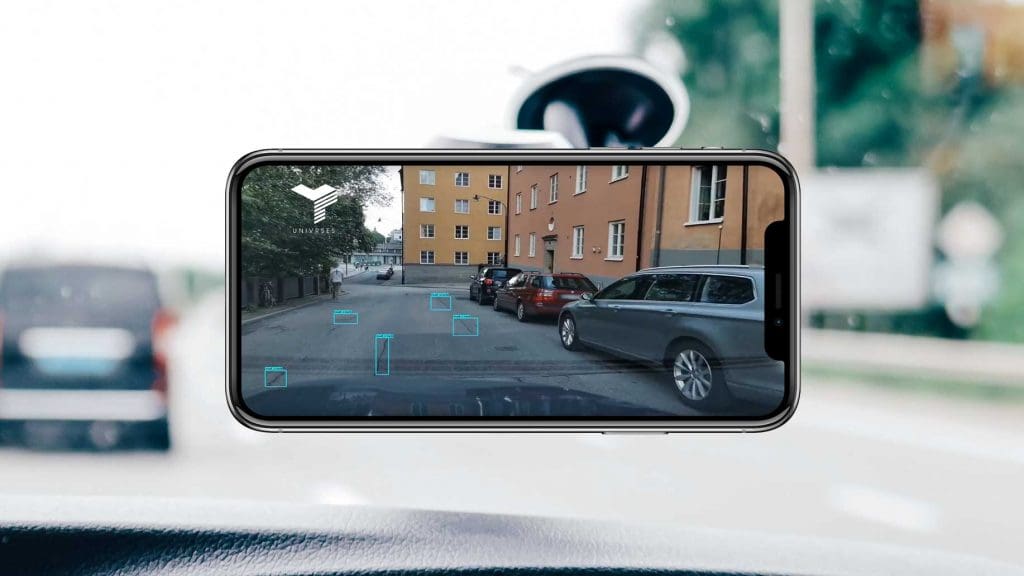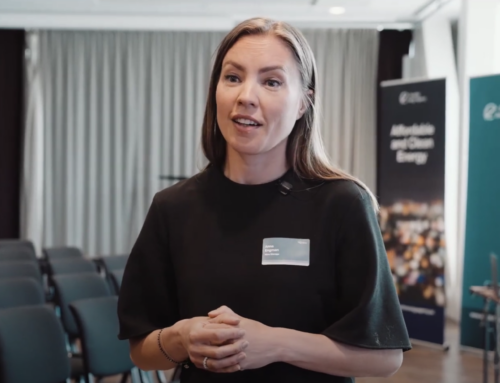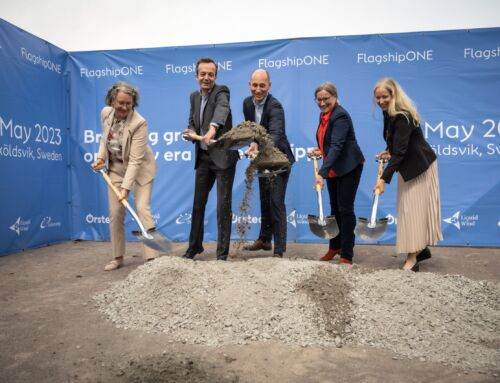Today, taxi drivers and other commercial vehicles are driving around Stockholm and other European cities carrying smartphones from Univrses. The smartphones are loaded with Univrses’ perception software that processes images from the smartphone camera to detect and map urban features.
no-repeat;left top;;
auto
Univrses started as an AI and machine learning company developing products for autonomous driving and mobile robotics. It has now moved into smart cities applications. The Company is based in Stockholm, Sweden, but works with clients all over the world.
no-repeat;left top;;
auto
“Our mission is sustainable cities. The smart phones are travelling with vehicles that are already driving around in the city. Using computer vision, the phones retrieve data on infrastructure inventory, damage and risks. This saves a lot of time and cost for the city municipality, with gains in safety and sustainability, says Jonathan Selbie.
This is the author

full
Jonathan Selbie came to Sweden because he married a Swede and he has his family here. He joined Univrses in 2018, and it has grown rapidly since then. Today the team consists of more than 50 employees from 12 different countries. The company collaborates with top universities in Europe and regularly hosts a number of PhD and Master’s candidates at the office in Stockholm.
no-repeat;left top;;
auto
“Perception, the ability to detect the surroundings through sensing, is a task that animals and humans have evolved over millions of years. Yet for machines, this task is extremely challenging. Understanding new situations, detecting dynamic environments and anticipating unpredictable elements – meaning pedestrians – are tasks where machines regularly fail. We at Univrses we solve these challenging perception problems ” says Jonathan Selbie.
This is the author
The smart city system Univrses has developed is called 3DAI™ City. Its purpose is to help those responsible for the urban and roadside environment. The main clients are city municipalities and road authorities but also commercial fleets. They need data because of the growth in urbanization. By 2030, 60 per cent of the world’s population is expected to live in urban areas. Timely, relevant and actionable data about the city is key to managing this urban evolution effectively. For the past couple of years, Univrses’ team of scientists and engineers has worked on the perception technology that enables 3DAI City.
no-repeat;left top;;
auto
Images from the travelling smartphones are processed by the Univrses computer vision algorithms “at the edge”. This reduces costs but also contributes to compliance with GDPR. The data, which is of course made anonymous, is relevant to the successful functioning of the city and is presented in Univrses’ web-based dashboard.
The data gathered can be used to generate insights about how to solve large problems that exist in the city; how to reduce traffic congestion, to limit the risk of accidents and to reduce pollution. This solution can detect flaws, for example pot-holes, road-cracks, illegally parked cars, and temporary obstructions. The data can be used to populate “digital twins”: virtual representations of the urban environment that can be used to analyse, predict and control what is happening – all for the benefit of the citizens. Problems can be detected quickly and then promptly solved; given sufficient data, some can even be anticipated. The aim is to use the data to help those responsible to save time, save money and, potentially, save lives.
For commercial fleet operators, several challenges can be addressed using data from 3DAI City. When road layouts are updated or streets are closed, drivers can get lost or delayed. Roadworks compound the problem by reducing traffic flow. As a result, delivery services become more costly and are less efficient. Buses can be delayed. Emergency vehicles’ race against time is made harder than it needs to be.
“It is extremely exciting to run this company. We are building the autonomous future.” says Jonathan Selbie.
This is the author
Univrses is now working on a project to detect free parking spots. The technology will be adapted to map on-street parking availability in real time and, at the same time, enable dynamic updates of existing parking area maps. The gain is huge when the car drivers may know where there are free parking spots.
Jonathan Selbie will be at Sweden Sustaintech Venture Day to start connecting with investors for a further international expansion.
Jonathan Selbie
PERSONPROFIL:
44
MBA
London
CEO
Smart and sustainable cities
3DAI City
Thinking Fast and Slow by Daniel Kahneman
Getting rid of my car!
Heading + desc
no-repeat;left top;;
auto
0px
20px




